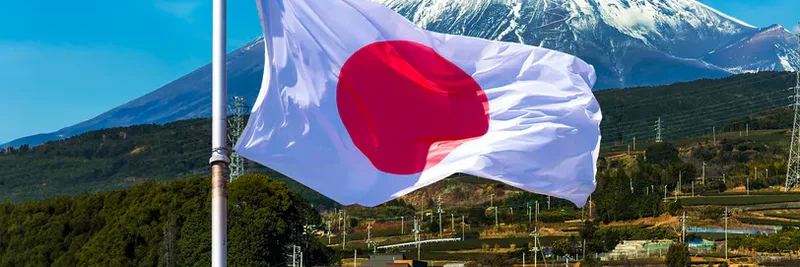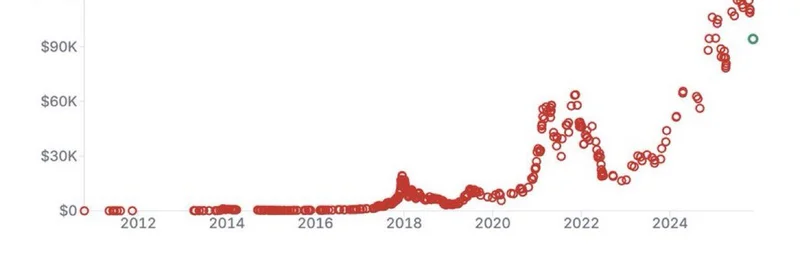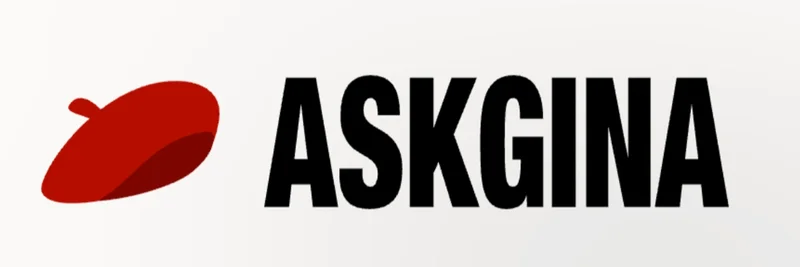Japan's crypto scene might be on the verge of a major shake-up. According to a recent post from BSCNews on X, the country's Financial Services Agency (FSA) is mulling over a plan to reduce taxes on certain cryptocurrencies from a hefty 55% down to a flat 20%. This could be a game-changer for investors, but what does it mean for the wild world of meme tokens? Let's break it down.
The Proposed Tax Overhaul Explained
Right now, crypto gains in Japan are lumped into "miscellaneous income," which can slap traders with taxes up to 55% if they're in the highest bracket. That's a big ouch for anyone cashing in on their holdings. The FSA's idea? Reclassify 105 specific cryptoassets—like Bitcoin (BTC) and Ethereum (ETH)—as financial products, similar to stocks. This would shift them to a more investor-friendly 20% capital gains tax.
But it's not a free-for-all. Only tokens that pass a strict vetting process will make the cut. Criteria include:
- Project Transparency: How open is the team about their operations?
- Issuer's Financial Health: Is the project backed by solid finances?
- Technical Soundness: Does the tech hold up under scrutiny?
- Volatility and Risk: Lower volatility preferred—sorry, high-flyers.
- Market Reputation: What's the community's take?
This setup draws inspiration from the Japan Virtual Currency Exchange Association's "green list," which already highlights 30 trusted tokens.
Stricter Rules on Insider Trading
Alongside the tax cut, the proposal amps up regulations against insider trading. Folks connected to exchanges or token issuers would be barred from trading on non-public info, like upcoming listings or project updates. It's a move to level the playing field, borrowing from traditional finance playbook.
Implications for Traders and the Market
If this gets the green light—potentially in the 2026 budget—Japanese traders could enjoy:
- A straightforward 20% tax rate.
- Clear guidelines on major tokens.
- Regulations that mirror stock market standards.
- Escape from one of the globe's toughest crypto tax regimes.
This could pump more local money into crypto, attracting foreign players to Japan's regulated environment. Japan has been a pioneer in crypto regulation since the Mt. Gox days, and this signals maturity in treating big-name assets as mainstream finance.
How Does This Affect Meme Tokens?
Now, for the meme crowd—Meme Insider's bread and butter. Most meme tokens thrive on hype, community vibes, and viral moments, not necessarily on low volatility or ironclad transparency. Think Dogecoin or newer Solana-based memes; they're fun, but often risky and unpredictable.
Under the FSA's criteria, it's unlikely many meme tokens will snag that 20% tax break initially. The focus is on established, stable assets like BTC and ETH. However, this could indirectly boost the entire crypto ecosystem:
- Increased Adoption: Lower taxes on blue-chip cryptos might draw more investors into the space, some of whom could dabble in memes.
- Regulatory Ripple Effects: If Japan sets a precedent, other countries might follow, creating a friendlier global environment for all tokens.
- Opportunities for Meme Projects: Ambitious meme teams could aim to meet these standards, evolving into more "legit" assets to qualify for benefits.
For blockchain practitioners, this is a reminder to stay informed on regulatory shifts. Tools like CoinMarketCap or CoinGecko can help track which tokens might qualify.
Wrapping Up
Japan's potential tax slash is exciting news that could make the country a hotspot for crypto investment. While meme tokens might not directly benefit right away, the overall market lift could create new opportunities. Keep an eye on updates from the FSA, and as always, DYOR (do your own research) before jumping in.
Stay tuned to Meme Insider for more on how regulations shape the meme token landscape. What are your thoughts on this development? Drop a comment below!



